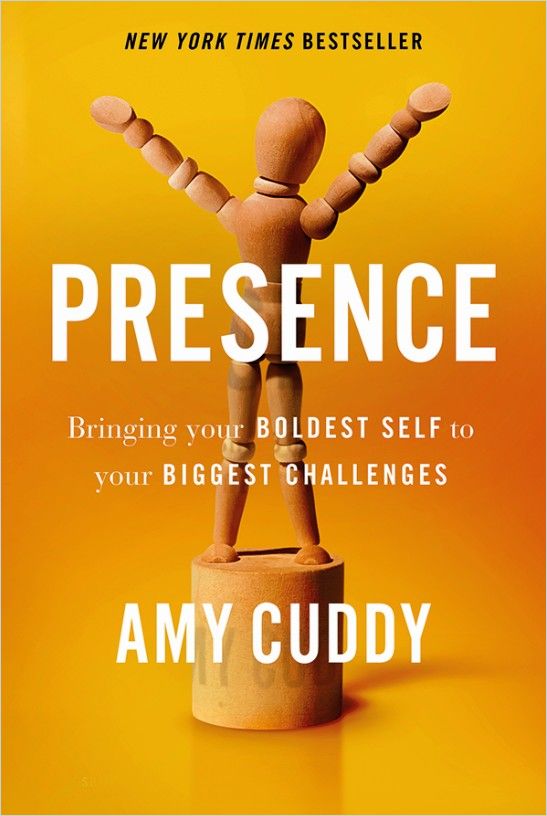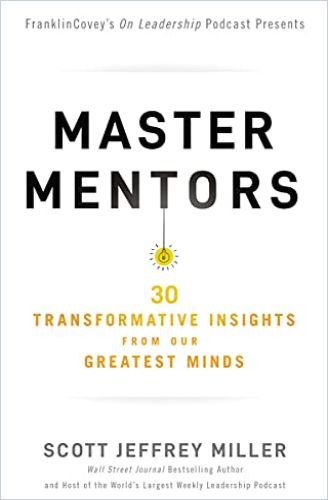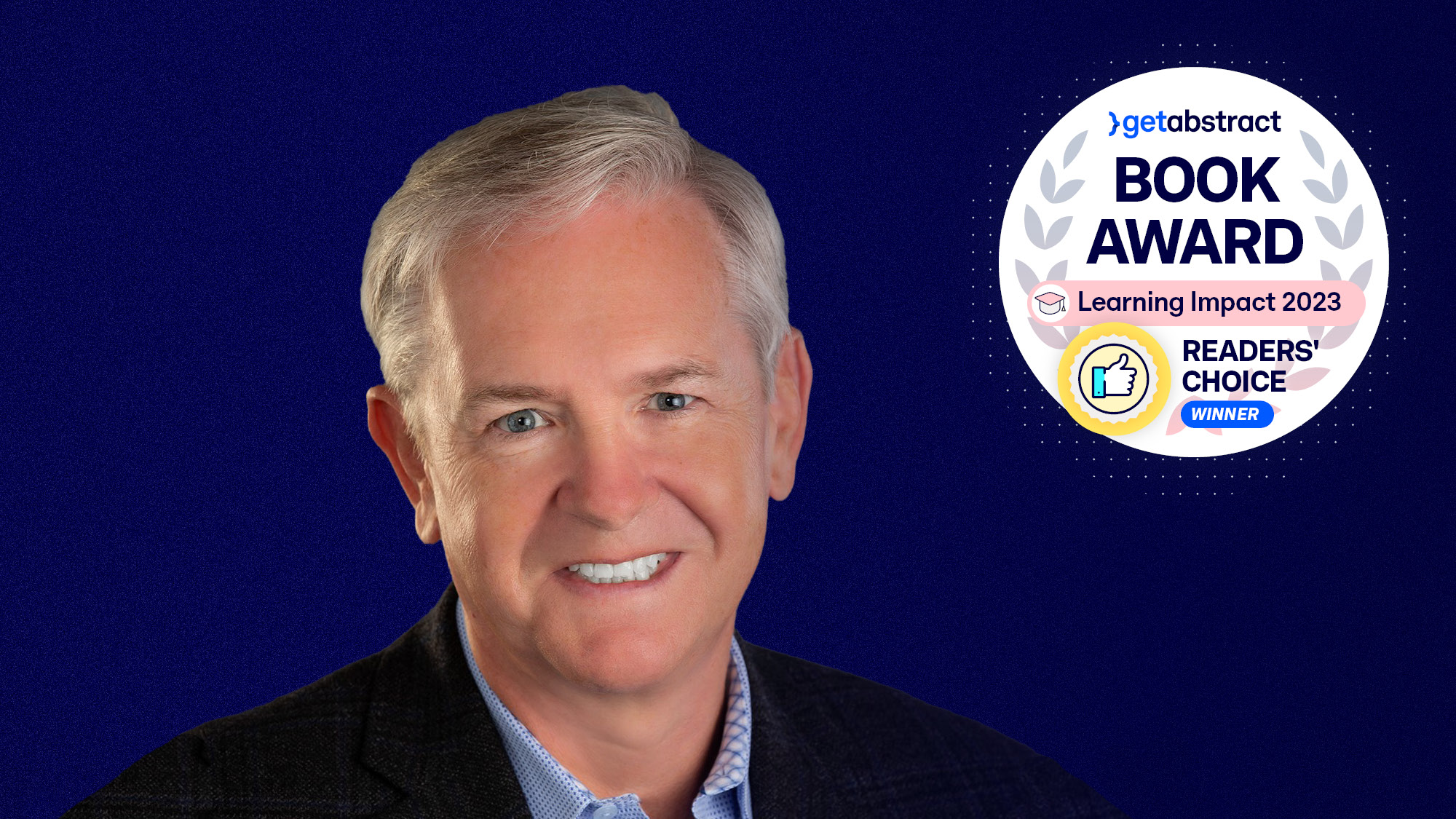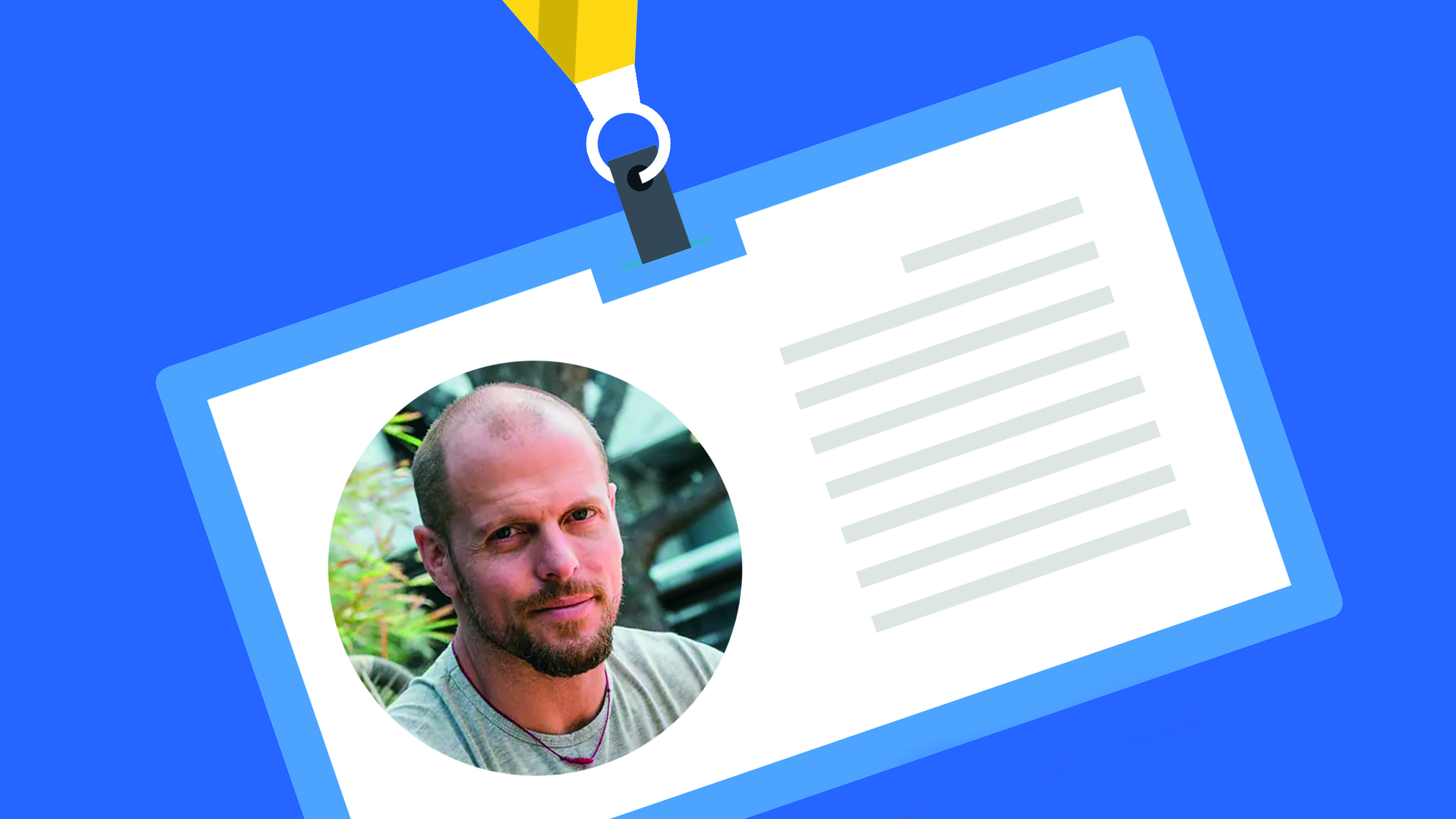Seth Godin

Seth Godin is an American author and former dot-com business executive. His books – which include The Practice, Linchpin and Purple Cow – are bestsellers about successfully marketing ideas in the digital age.
In 2018, Godin was inducted into the American Marketing Association’s Marketing Hall of Fame.
1. Seth Godin’s Key Findings and Messages
- In a world where consumers have way more choices and way less time, nobody cares about your product.
- Even the most expensive advertising campaign won’t change that.
- Unless… it’s remarkable: Being remarkable is the essence of 21st-century idea-diffusing.
- To become remarkable, you need the right stimuli for ideas, products, leading, working and organizing.
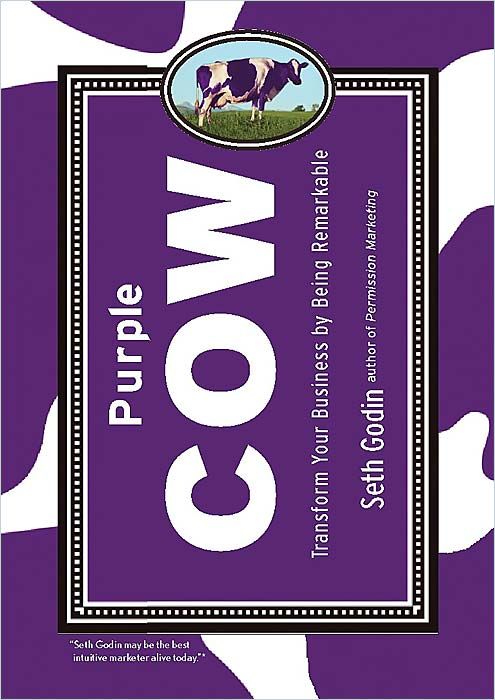
Today, everything from presidential politics to music to dentistry is driven by fads – and success belongs to marketers who embrace this fact.
Seth Godin
2. Why Do They Matter?
Marketing departments are the money-spinners of companies: They pump vast amounts of dollars into campaigns designed to publicize products and thus win customers. Seth Godin, himself a marketer, explains to his colleagues that all the money in the world isn’t enough today to keep doing this the way it was 20 years ago. Why? Because consumers are bombarded with campaigns from all sides – and have therefore become immune to anything that doesn’t really appeal to them. Since this realization, Godin has been working on new strategies for attracting customers at very different levels, and has become one of the best-known minds on the scene around the world.
The overwhelming clutter in the marketplace has made traditional advertising almost worthless for most marketers.
Seth Godin
3. To Understand Godin’s Work, Start Here
In his famous 2003 TED talk, Godin explains how products become mass-market-ready precisely by not designing them for a mass market. He explains why this sounds counterintuitive, in his typical manner garnished with examples and jokes that have made him famous far beyond the marketing community. What he shares here is also the basis for many of his later books – especially Purple Cow – and lectures.
Highlights:
- Don’t design your products with a focus on the masses, but on early adopters.
- Early adopters make remarkable products popular by buying them and talking about them.
4. Elaboration of His Core Idea (Godin’s Books)
Many of the theses and ideas espoused by Godin in his very first books are now common sense. In a market brimming with self-proclaimed visionaries who later turned out to be hallucinating mayflies, he was one who often proved to be right. Whether this also applies to his later theses and strategies that build on his first works, and which are currently gaining in relevance, is something we are currently finding out:
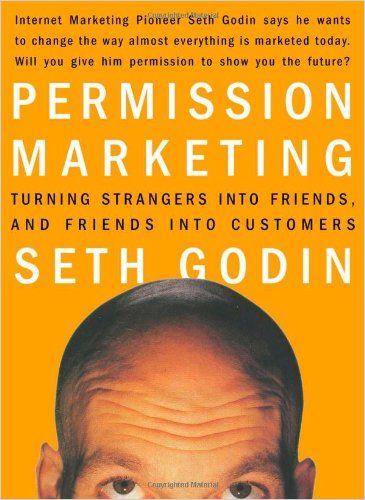
- In the past 30 years, the amount of advertising has increased dramatically and has overloaded consumers.
- The multiplication of media has splintered the market.
- Traditional “interruption marketing” does not work anymore.
- “Permission marketing” works, because it breaks through the clutter and is like dating your customer.
- Learn more…
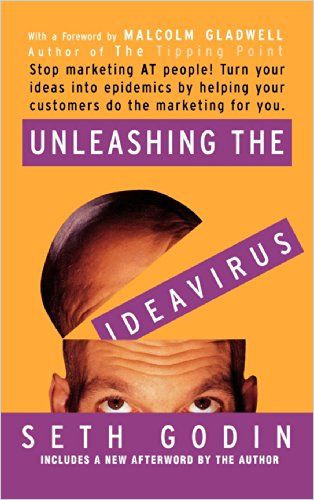
- To market your ideas and products, create an environment where people will want to share and spread them for you, like amplified gossip about something new.
- You must have a product or service that is so unique and interesting that people will want to spread it.
- To spread an “ideavirus” quickly, target “sneezers” – those who are likely to talk up your idea.
- Eight key variables increase the power of the ideavirus formula: the sneezers, the amplifier, the hive, smoothness, velocity, vector, the medium and persistence.
- Learn more…
Ignite consumer networks and then get out of the way and let them talk.
Seth Godin
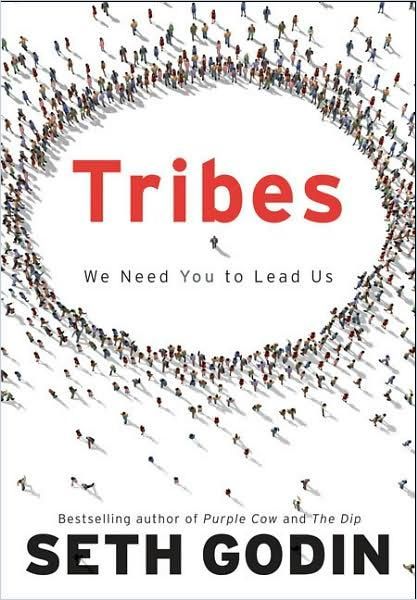
- A tribe is “a group of people connected to one another, connected to a leader and connected to an idea.”
- If you have passion and vision, step forward and lead your own tribe.
- Tribes often have small, humble beginnings, but they can grow into powerful forces.
- You and your tribe can take advantage of social media networking to attract followers.
- Learn more…
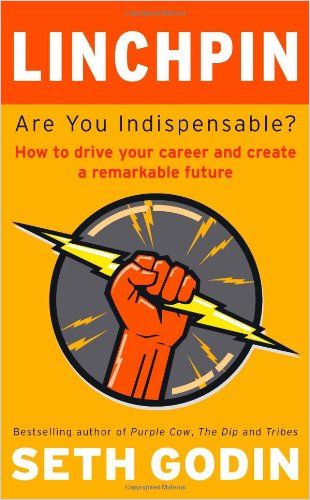
- To become an antidote to mediocrity and conformity in your organization, choose uniqueness and ingenuity by becoming a linchpin – an invaluable, indispensable employee, the center of your company’s activities.
- Linchpins surpass their peers by combining wisdom with shrewdness.
- They ignore their lizard brain’s self-doubt messages and get out of their own way.
- Instead of trying to escape anxiety, they get used to it, and then its power will dissipate.
- Learn more…
Everyone is now…a leader. The explosion in tribes, groups, covens and circles of interest means that anyone who wants to make a difference can.
Seth Godin
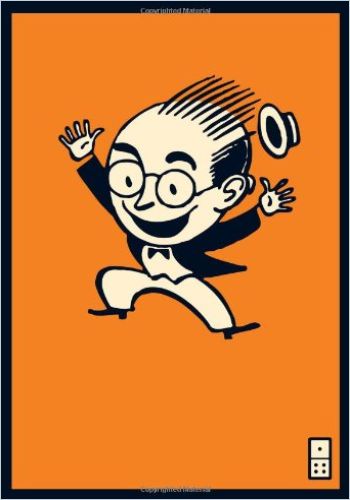
- Getting started is powerful and life-changing.
- In today’s globally competitive world, initiative is the only differentiator.
- When you “poke the box,” you experiment and become open to new ideas.
- You should poke the box when the “cost of being wrong is less than the cost of doing nothing.”
- Learn more…
5. Evaluate the Details (Godin’s Talks)
With the vast number of talks, interviews, and podcasts Godin has created or participated in, it’s difficult to pick just a few. We’ve selected some that present important side ideas from the author:
- Many products, services and marketing messages are “broken.”
- Things are broken when they don’t fulfill their designated function or don’t make sense.
- The reason for broken results often lies in rigid organizational and work concepts into which employees are “squeezed.”
- Learn more…
- All creative work can benefit from a practice.
- To maintain productivity, compartmentalize and demythologize your work.
- Develop measures and motivation that support productivity.
- Learn more…
We’re bad judges of our own ideas.
Seth Godin
6. Additional Resources by Topic
- Leaders – They like to think they are bold. However, Seth Godin argues that too often, people are reckless when they should be fearless. Recklessness carries selfishness within it, while being fearless demands selflessness and compassion.
- Being outstanding – Godin argues that, for decades, employees “were brainwashed into fitting in, and then discovered that the economy wanted people who stood out instead.” On his phenomenal blog, he published an article on how to escape the “brainwash.”
- Soft skills – “You cannot change the course of events, but you can change your attitude, and what really matters is the attitude and not the mere event.” As Godin puts it here, it pays to invest in your soft skills above all else – because they make all the difference in navigating uncertain times.
- Don’t confuse skill with talent – “Talent is something that you were born with. It’s immutable. Skill is something you choose to put effort in to learn,” says Godin. That effort is practice. And the good news is: It pays off faster and more extensively if you put in the effort not because someone told you to, but because you are interested in it yourself.
- Change – New things require change, and people naturally resist change. In This Is Marketing, Seth Godin reminds you that even the best ideas aren’t an easy sell: The ice cream sundae didn’t scoop the market, nor did placing stoplights at intersections immediately get the green light – people resisted both. Find out how to make change happen.
- Failing – Instead of asking yourself what happens if you might make a mistake (or definitely not make one), people should rather ask themselves what would happen if they knew they definitely made a mistake. Among screenwriters, for example, Godin says this practice has become established: Instead of chasing some flavor or struggling with writer’s block because you’re thinking about what’s sure to go over well in Hollywood, you should say goodbye to everything and write what you think is sure to be rejected. Interestingly, it’s precisely the scripts that emerge from that mind-set that tend to prevail in the end.
- Creativity – Godin believes creative people must embrace their own “idiosyncrasies” to figure out the work habits that fit them best. He embraces the idea of a “practice” built on repeatable, productive, disciplined work habits. Godin urges creative workers to be especially ambitious and dedicated even when they don’t feel like working. What distinguishes between your work and “your hobby,” Godin says, is that your emotions don’t dictate when you work and when you don’t. Learn more.
- Video calls – Two years before the COVID-19 pandemic condemned everyone to their webcams, Seth Godin published a list of nine simple points to consider in video calls (doubling down on it with another post in 2021). It’s hard to imagine how many embarrassing incidents (and laughs) we would have missed if anyone had read these posts in time!
- Leadership – What is the right mix of control and responsibility? Here’s Seth Godin’s short answer.
If you had a manager that talked to you the way you talked to you, you’d quit. If you had a boss that wasted as much of your time as you do, they’d fire her. If an organization developed its employees as poorly as you are developing yourself, it would soon go under.
Seth Godin
- Curious for more? – Seth Godin’s blog – considered one of the best out there – can be found here.
7. Discover Godin’s Pals in Crime
Authors who have similar ideas and represent the same values:
You can’t coast. You’ve got to figure out how to have a practice to get it done.
Seth Godin
7. Deep Dive: Creativity
Find out more about Godin’s main topic in our related Journal articles:
About Our Thought Leader Profiles
Biographies can be found on Wikipedia. What you find here are instant practical insights into the thinking of important contemporaries. With the necessary references to the summaries of their works at getAbstract, of course.

